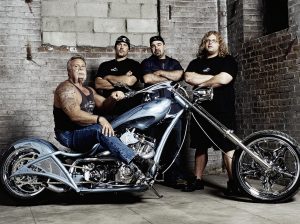Shareholders in a New Jersey corporation have the statutory right to inspect books and records concerning the corporation and its affairs; but does this right extend to minutes of the board of directors and executive committees? For example, can the shareholder who does not participate in the management of the business get behind the scenes minutes for any reason or no reason at all?
The short answer is that when there is a reasonable need for those records, a New Jersey court is likely to require that they be provided to the shareholder. A recent New Jersey Superior Court decision clarified this issue in holding that the New Jersey Business Corporation Act (“BCA”) §5-28(4) allows a court to grant to a shareholder, with proof of a proper purpose, the right to examine the minutes of the board of directors or executive committees as well. See Cain v. Merck & Co., 415 N.J. Super. 319, 323 (App.Div. 2010).












